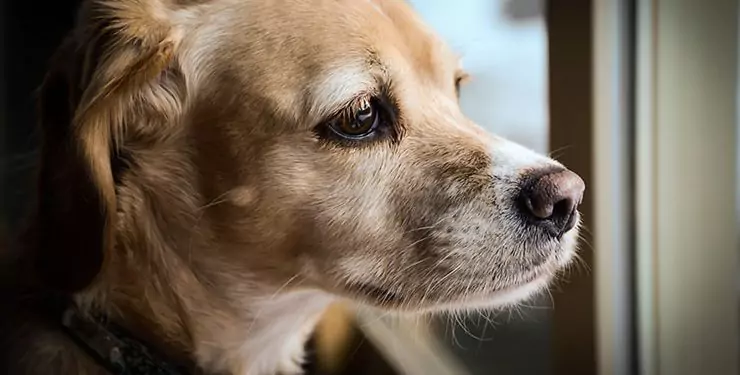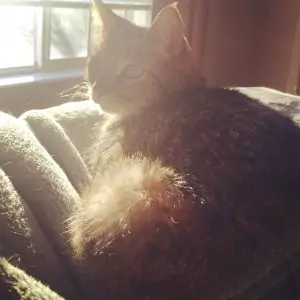
A request we get a lot is for a new landscape design that includes pet-safe plants.
The last thing any pet owner wants to do is unknowingly put their furry friends at risk.
Be aware of the plants in your yard, garden and home. Ingestion of even small amounts of certain plants can be harmful or even fatal to your pet.
Lots of dogs and cats chew on plants. Most of the time there are no ill-effects. However, some plants can be extremely toxic to pets. Other plants that are much less poisonous create toxicity issues only when consumed in large quantities. The effects can range from mile oral irritation to poisoning.
LILIES AND YOUR FELINE FRIEND

Members of the Lily family (Easter, Tiger, Day, Rabrum, Japanese Show etc) are especially toxic to cats and can cause serious kidney problems within 72 hours of ingestion. If you have cats you shouldn’t have Lilies. If you love Lilies you shouldn’t have cats.
TOMATOES
Tomatoes may contain a sodium alkaloid that can be toxic to dogs called tomatine. Tomatine is found in green toamates and tomato vines and can be dangerous to dogs if ingested. Toxicity is dependent on the dose and size of the dog. If a dog ingsts a green tomato is can result in vomiting, dirarrhea, abdominal pain, gastrointestional ulcers and bleeding, weakness, difficulty breathing, tumors and/or seizures.
The moral of the story is keep your dogs away from green tomatoes!
APPLE SEEDS, CHERRY PITS, PEACH PITS & PLUM PITS
Apple seeds, cherry pits, peach pits and plum pits contain the toxin cyanide. Cyanide poisoning is not good. Signs of pet cyanide poisoning include vomiting, heavy breathing, cardiac arrhythmia and shin irritation. Keeping your pet from eating the leaves of these plants is also a good idea.
RHUBARB
Rhubarb is super toxic to dogs and cats. Luckily rhubarb leaves, which are extremely toxic, are bitter and generally unappetizing to pets. Rhubarb stalks are safe. Rhubarb leaves when ingesgted can cause kidney failure, tremors and coma if consumed in adequate amounts.
SYMPTOMS OF PLANT POISONING
- Irritation to skin and/or mouth
- Drooling
- Diarrhea
- Seizures
- Unconsciousness
- Vomiting
YOUNG PETS
Watch young pets carefully as they explore your yard and discourage or control behaviors that could be dangerous. Make sure young dogs and cats can’t access dangerous plants or remove the dangerous plant(s) all together.
Lots of dogs and cats chew on plants. Most of the time there are no ill-effects. However, some plants can be extremely toxic to pets. Other plants that are much less poisonous create toxicity issues only when consumed in large quantities.
For a full, and we mean full, list of toxic and safe plants for dogs, cats and horses visit the ASPCA guide to Toxic and Non-Toxic Plants
IF YOU SUSPECT YOUR PET HAS INGESTED A TOXIC SUBSTANCE
Contact National Animal Control (888) 426-4435 or the Pet Poison Hotline (800) 213-6680






